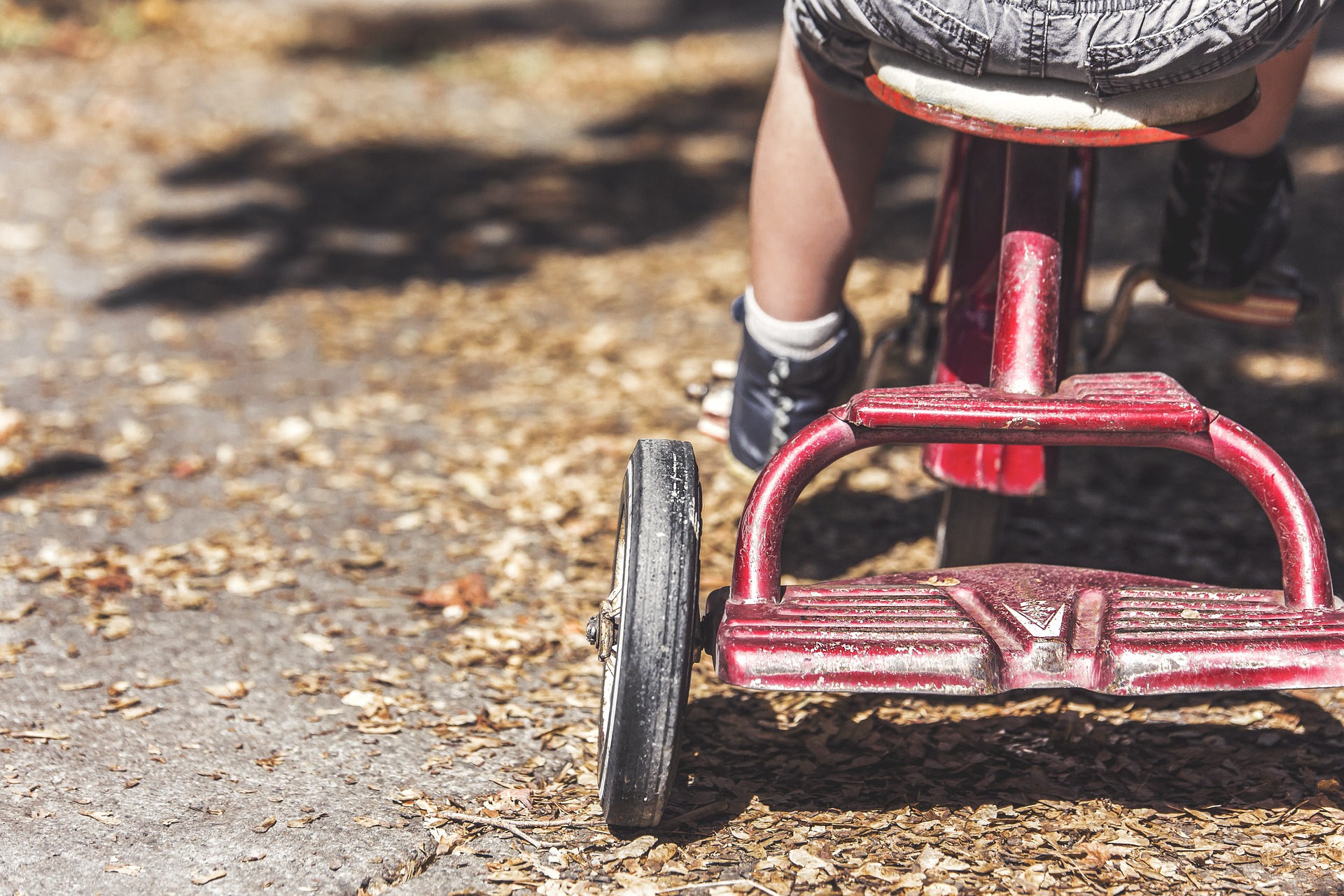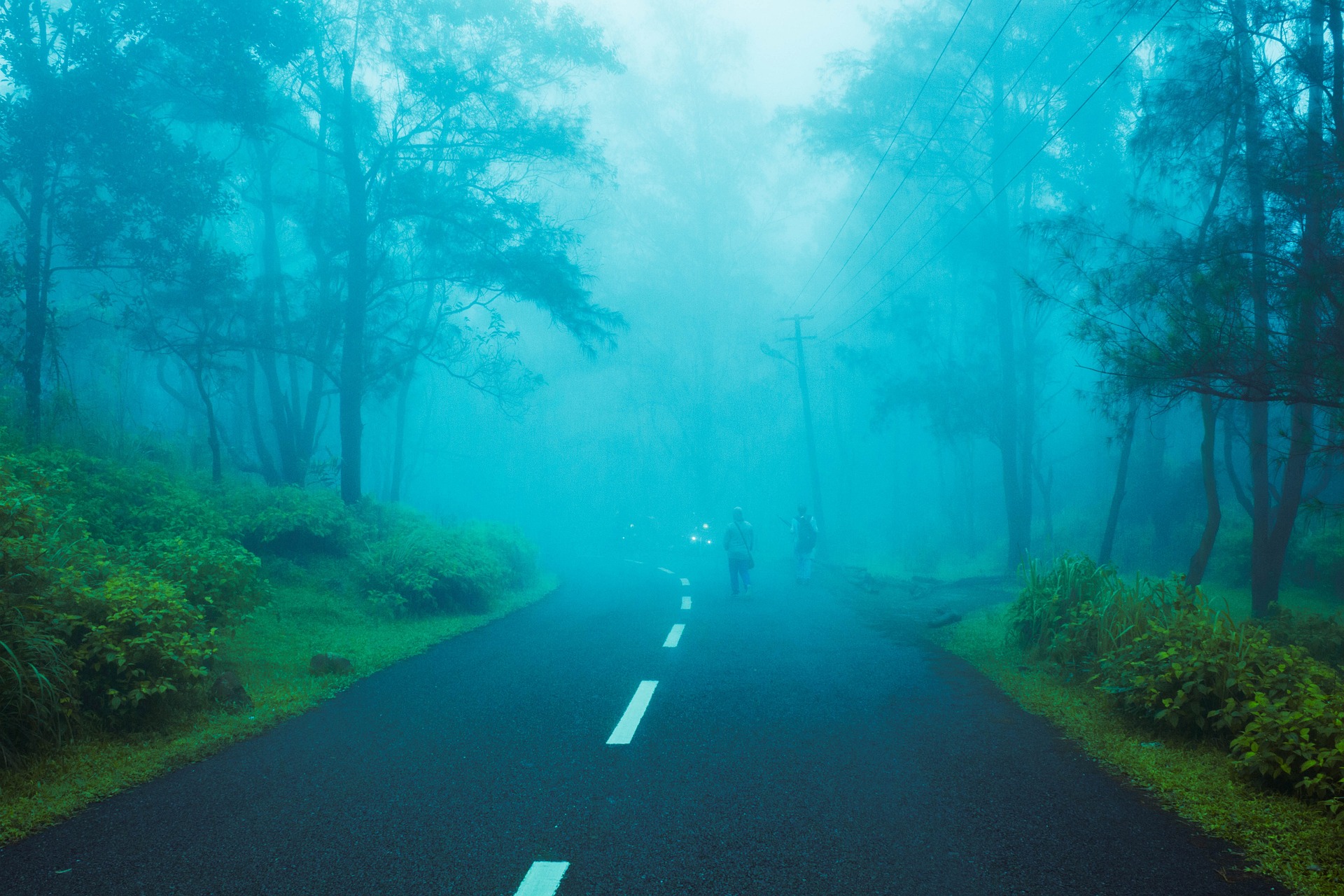Forgotten and overlooked- children during their parent’s arrest

‘Police, open the door!’ A sentence often heard when police arrest people at their houses. These arrests are often carried out by heavily armed police teams and accompanied by noise, shouting and violence. In this often chaotic situation, one party is often forgotten: the child(ren) of the arrested person. This contribution will argue that States have a legal obligation to specifically consider every child whose parent is arrested and that this is not done enough by the Dutch police.
First of all, adequately taking the position of the child into account when arresting a parent may limit possible negative effects. Research indicates that the context of parental arrest may trigger a range of emotional effects including fear, anxiety, anger, sadness, depression and guilt. In addition, the manner in which a parent is arrested, can permanently affect the child’s attitude towards law enforcement. There are also ethical reasons to justify that children deserve special consideration – after all, the child is not responsible for possible (criminal) acts of the parent.
Most importantly there is a legal obligation of states to make sure that the best interests of the child are taking into account when a parent is arrested. The legal premise in international and European law (hard and soft law) is that where possible, arrest should be carried out in the absence of the children. If the arrest cannot be awaited, then the police should consider the children during and after the arrest of a parent. This can be done by making child-friendly arrangements, by providing child-specific training to police officers, by making sure that children do not see how their parent(s) are handcuffed and by having a pedagogical professional accompany the police.
The European Court of Human Rights (ECtHR) has also dealt with the situation of the arrest of parents in the presence of their children. The ECtHR emphasised that it is not prohibited for the police to arrest people in the presence of their children. However, it did establish several factors that could amount to a violation of Article 3 ECHR (prohibition of torture, inhuman or degrading treatment) and/or of Article 8 ECHR (right to respect for private and family life), including when: the police officers are fully masked and armed and when minor children are strongly affected by the events. In addition, authorities have an obligation to explain the situation to the child and make sure that the child is properly taken care of in the absence of his/her parent(s).
In the Netherlands, there is no law prescribing that the arrest of a parent should preferably take place in the absence of the child(ren). However, there is a so-called ‘child check’ which has its legal basis in the Dutch Youth Act of 2015. The child check means that the police – when planning an arrest- must check whether there are children involved and if so, take their presence into account and make sure that they are adequately taken care of. However, in practice this child check is not properly considered. In many arrests, a pedagogical professional did not accompany the police during the arrest, while the police was aware (or should have been aware) of the fact that the suspect had children. In addition, research shows that too often an arrest of a parent takes place in front of the children. To ensure that a suspect is at home, arrests are often carried out in the mornings or afternoons; a time when a suspect’s children are often also at home. Next to the fact that the timing is poor, research also shows that many of these arrests are accompanied by use of force of police officers. This research makes it rather clear that the Dutch police does not consider the best interests of the child sufficiently when they are arresting a parent in the presence of their child(ren).
| More blogs on Law Blogs Maastricht |
Other blogs:
Also read
-
The debate on the implications of Dutch colonial rule in Indonesia recently intensified after a report concluded that the Dutch forces had used extreme violence. Reactions to the report reveal that the issue remains controversial and challenging to discuss. The findings in the report do however...
-
About a year ago, this blog published my contribution “Let us not forget about EU fundamental rights,” which addressed the situation at the EU’s external borders. At the time, the decision of the ECtHR in the case of N.D and N.T v. Spain, was heavily criticised for failing to protect the right to...
-
In the fall of last year, the Dutch Raad voor Cultuur has issued an advice on how the Dutch government and Dutch museums (and the broader public in the Netherlands in general) should deal with the continuing presence of colonial-era heritage in Dutch museum collections. The report constitutes a...


